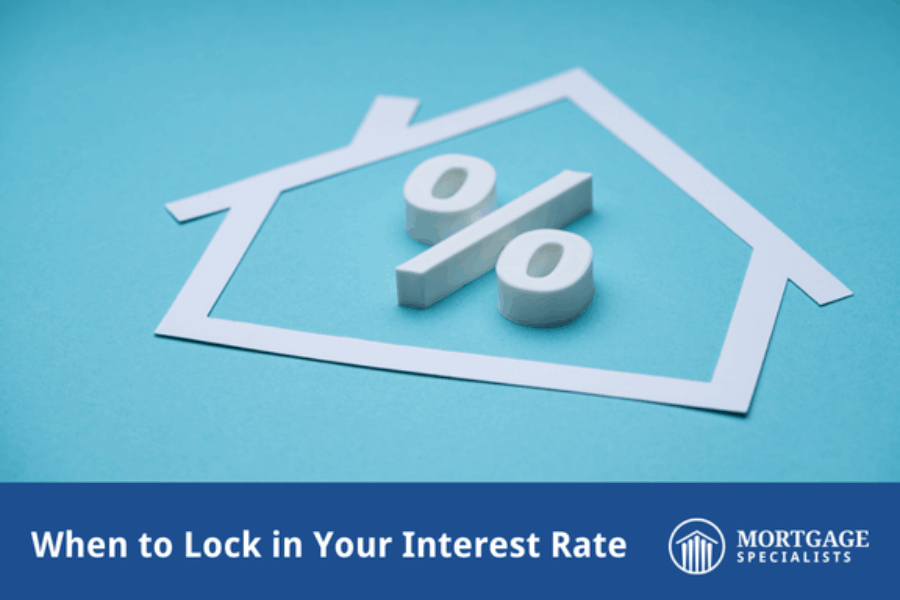Here at Mortgage Specialists, we’ve been fielding more and more questions about Omaha property taxes than in recent years. We understand why – many Omaha homes have been significantly going up in value over the last year or two. This has a direct impact on property taxes and homeowners’ monthly mortgage payments.
What Are Property Taxes?
Property taxes are collected on every property – whether it is just land, a family home, or an abandoned building. These taxes are used by both local and state governments to fund services that benefit the public like education, parks, libraries, transportation, and more.
How Are Omaha Property Taxes Calculated?
All across the nation, each area determines its own tax rate. Then, once that’s determined, property taxes are calculated by taking the assessed value of a property and multiplying it by the tax rate.
So, how is the assessed value determined? Here in Nebraska, properties are assessed at market rates as of the assessment date of January 1 each year. According to the Douglas County Assessor/Register of Deeds, “By law, residential and commercial properties must be valued at actual (market) value, the likely price a property would sell for in the current real estate market. In Nebraska, the acceptable ranges for commercial and residential properties countywide is 92% -100%.”
It is important to note that home assessments and home appraisals are two completely different things. In fact, the county cannot see what a recently sold home was appraised for.
You Might Also Like: Home Appraisal 101
Property Taxes in the Omaha Metro
Another thing we’d like to note about Omaha property taxes is that we do things a little differently than other parts of the country. In both Douglas County and Sarpy County, property taxes are collected in arrears. This means that at closing, more money is collected for taxes than in other parts of Nebraska and the rest of the country.
Property Taxes and Property Values
Property taxes are based largely on a property’s assessed value. So, it’s safe to say that as a home’s value increases, the property taxes will too. It’s inevitable that property taxes will increase over the years. This has always been the case, but with the housing market the way it is right now, homeowners are becoming increasingly aware of this fact as their property values continue to appreciate quickly.
While the assessed value of a home can increase due to improvements to the property, positive or adverse outside influences, or an order for value increases mandated by the state government, the most significant change often comes after the sale of the home. A recent home sale can affect the formula that assessors use to determine assessed values, leading to an increased valuation.










 © Mortgage Specialists.
© Mortgage Specialists.